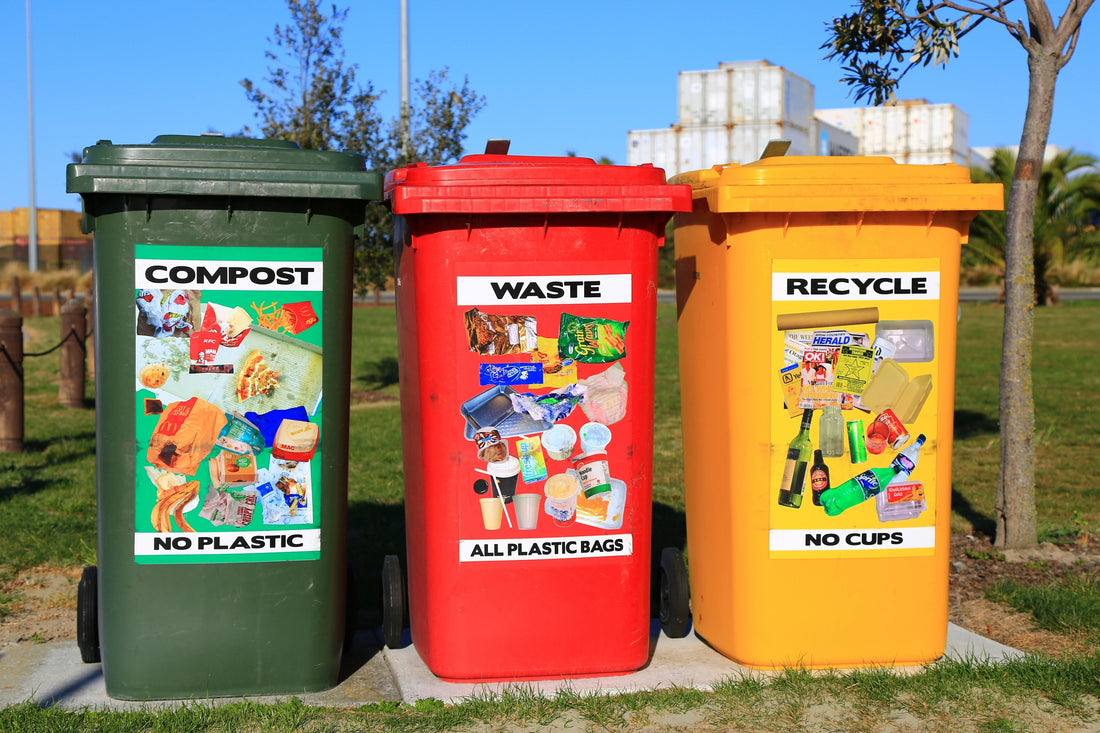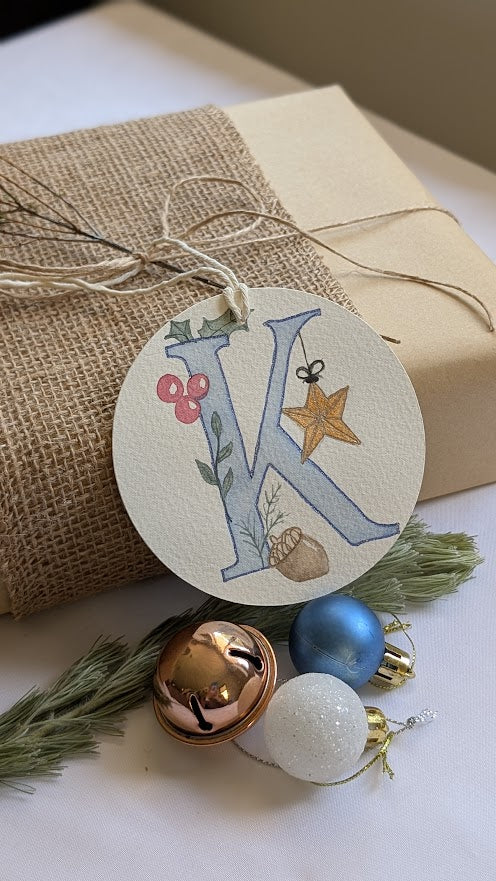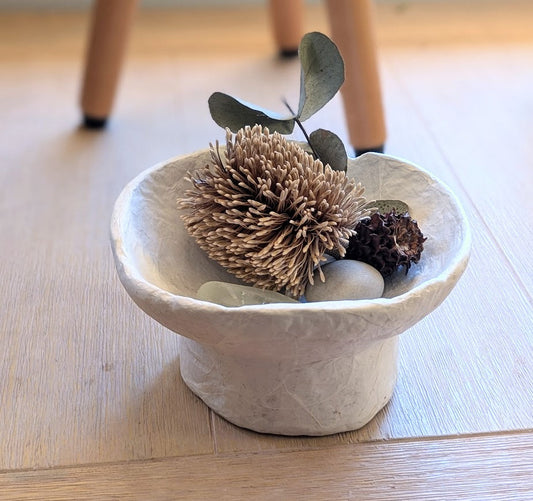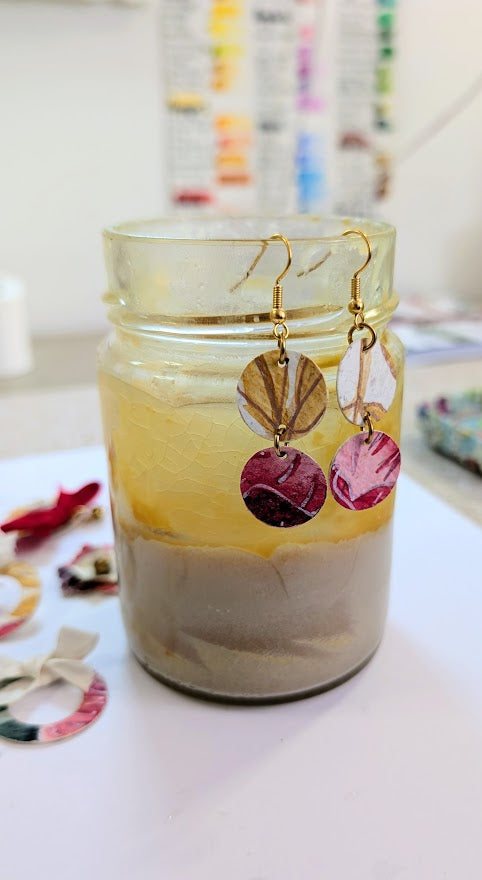
Sustainability Tips for the Home
Sustainability Tips for the Home
By someone who’s been there, done that — and got the reusable shopping bag to prove it.
I first discovered the world of sustainable living while working as an early childhood educator. Caring for little humans came naturally to me, and before long, so did caring for the planet. The more I learnt, the more it lit a fire in me — so I left the classroom, rolled up my sleeves, and completed a Certificate IV in Sustainability and Environmental Management. Now, I’m here to pass on what I’ve picked up along the way.
My aim with this blog is to share a few down-to-earth sustainability tips each week — things you can actually use, without needing a science degree or a composting PhD. So check back in from time to time, and feel free to pass it on to a friend who might be keen too. 🌿
1. Compost Your Food Waste
Let’s start with something simple (and oddly satisfying): composting.
If you’re lucky, your local council might already do the hard work for you. Mine provides a handy little kitchen caddy for food scraps, which you tip into the green kerbside bin each week. All the scraps — veggie peels, eggshells, even old pasta — get whisked away and turned into rich compost. Magic!
But if your council’s not quite up to scratch, don’t worry — you can still DIY it. The easiest way? A worm farm. Now before you run for the hills, hear me out. Worm farms are low-maintenance, kind of fascinating, and great for the garden.
Here’s how to start:
Grab a strong bucket with a lid (we’re talking recycled if possible — let’s stay on theme). Drill a few holes in the bottom for drainage. Fill it with soil (potting mix will do), then add some wriggly tenants — you can buy compost worms at most hardware or garden centres. Dig a hole in your garden and bury the bucket halfway in. Then, start feeding it your food scraps.
Quick tip: worms are a bit fussy. Skip the citrus, onion, and meat. Keep the bucket moist, give it a stir every now and then, and they’ll reward you with top-notch compost and worm juice for your plants. Too easy!
2. Reduce Your Red Meat Consumption
Now I know what you’re thinking — “Why on earth would I give up my Sunday roast?” Don’t worry, I’m not here to ruin your BBQ.
But here’s the thing: livestock like cows and sheep are responsible for a whopping 18% of global greenhouse gas emissions, according to Stanford University. That’s a big slice of the climate pie — and not the good kind.
The good news? You don’t have to go full vegan overnight (unless you want to). Just cutting back a bit makes a difference. Try introducing a Meat-Free Monday — or Tofu Tuesday, or whatever suits your weekly vibe. There are heaps of delicious, protein-packed veggie meals out there that even the most loyal steak-lover might secretly enjoy.
Small changes, big impact — and you might even discover a new favourite dish in the process.
3. Switch to Solid Products
This one’s a favourite of mine — mostly because it’s so easy to do.
Somewhere along the way, we became a bit obsessed with liquid everything: liquid soap, liquid shampoo, liquid cleaning products... and no one really stopped to ask, “Hang on, why am I paying for all this added water?”
Remember the good old bar of soap? You’d find one in every home, every school, even public loos. It worked just fine — no frills, no fuss. But then it fell out of fashion, replaced by plastic pump bottles full of watered-down versions of the same thing.
The switch came at a cost. Liquid products are heavier to transport (thanks to all that water), use more packaging (hello, single-use plastic), and often require more energy and resources to make.
So here’s your simple win: go back to the bar. Solid soap, shampoo bars, and even dish and laundry blocks are just as effective — often better — and far friendlier on the planet. Plus, they last longer and look cute on your bathroom shelf. Win-win.


